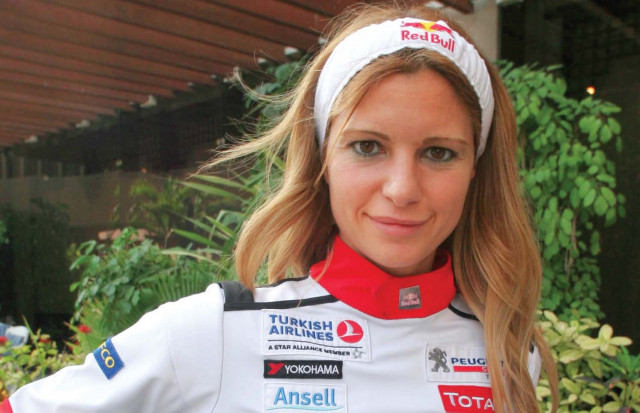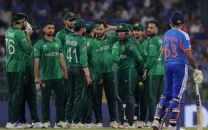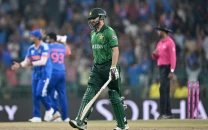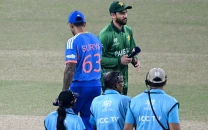Rally racing: Racing against all odds
Cetinkaya was driven to the sport aged just 12 when her father took her to watch a race in Ankara.

Cetinkaya was driven to the sport aged just 12 when her father took her to watch a race in Ankara.
However, in pursuit of her aims in a seemingly gender-blind society, Cetinkaya not only had to face opposition from society but also from family who refused to support her financially.
“Women in motorsports will only be taken seriously if they prove themselves,” Cetinkaya told The Express Tribune during her short stay in Karachi. “People started taking me seriously after I won championships.”
She has won numerous national championships, with her first title coming in 2005 when she won the Istanbul Regional Rally Ladies Championship. Tasting success every year, Cetinkaya stampoed her authority on the international arena when she came seventh in the 2010 Intercontinental Rally Challenge and made history when she became the first female driver to score points while racing against 50 male drivers.
A fighter that she is, Cetinkaya carried on despite her family’s disapproval, admitting it made her a stronger person.
“I’m so glad my family didn’t support me because that way I learnt to work around things. I had two jobs in order to pay for a race programme.”
She shared her training routine, highlighting the three important components of a typical programme for any motorsport athlete.
Her normal routine includes running a minimum of eight kilometres each day for five days a week. Apart from this, she also attends testings conducted by Red Bull every year, where top drivers come and are assessed on their performance.
For her psychological training, she emphasises on “keeping calm” and concentrating. “Calmness is key as this is a stressful sport.”
As a rally racer, she is also required to do concentration exercises which improve her reflexes.
Training in the car is intense before the start of a season. “Depending on the budget, we do as many kilometres as possible. Last year, we did 300 kilometres of testing.”
Part of her visit to Pakistan includes a vision to encourage more and more women to take up the sport.
She believes that since motor-racing is media-driven, it will be more interesting if women from countries like Turkey and Pakistan come out winners, a feat very much possible.
Published in The Express Tribune, February 26th, 2011.



















COMMENTS
Comments are moderated and generally will be posted if they are on-topic and not abusive.
For more information, please see our Comments FAQ